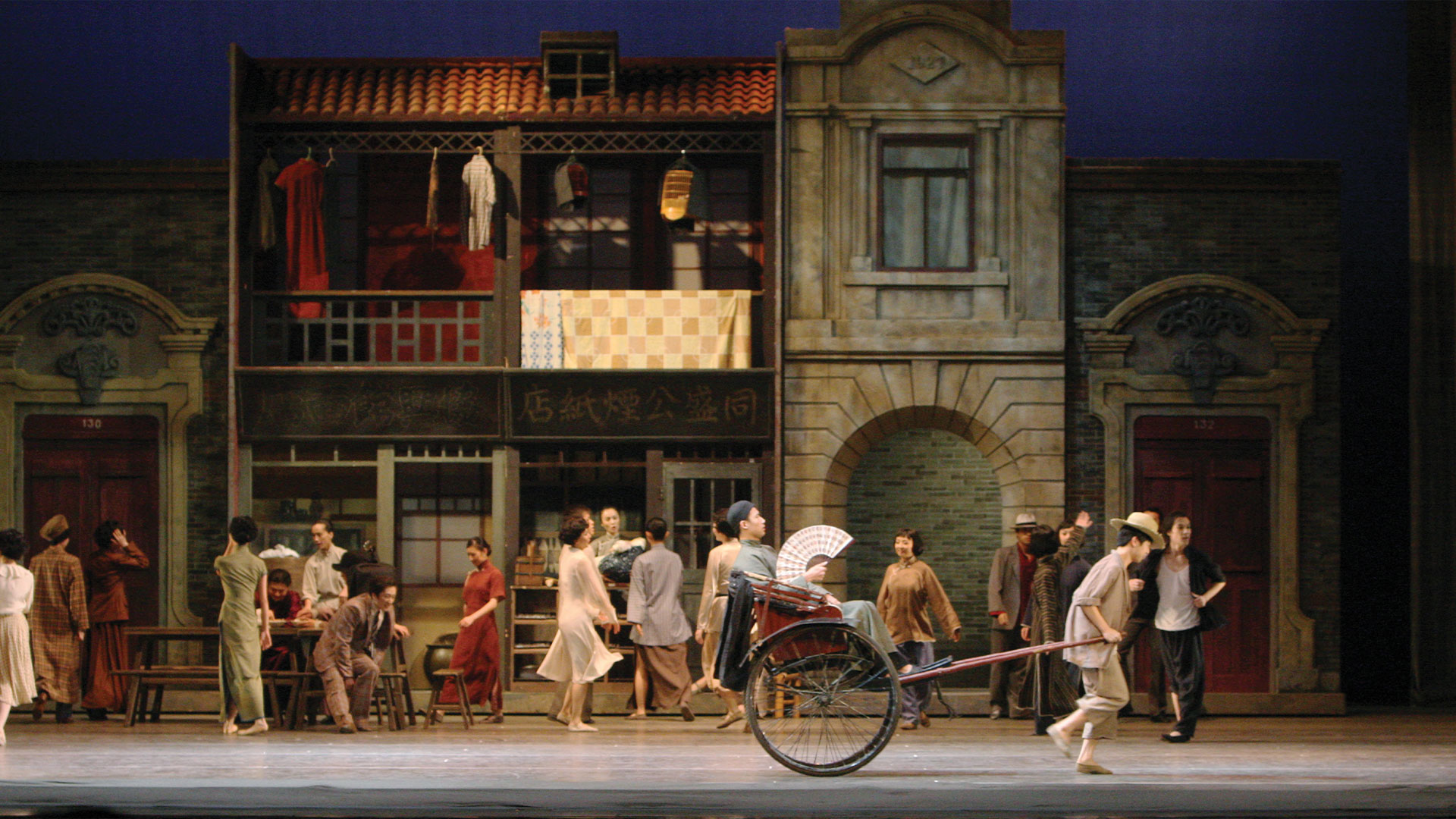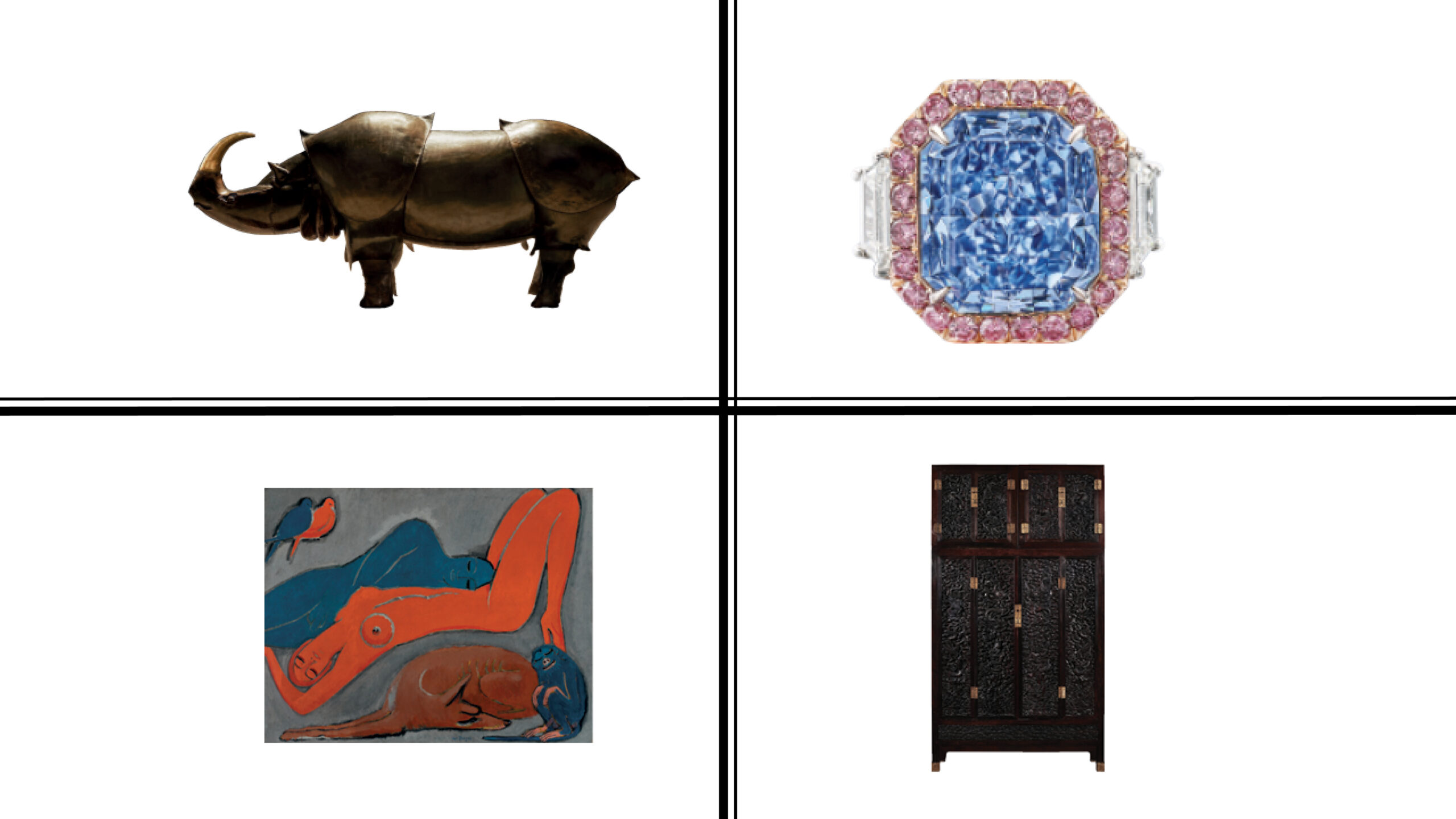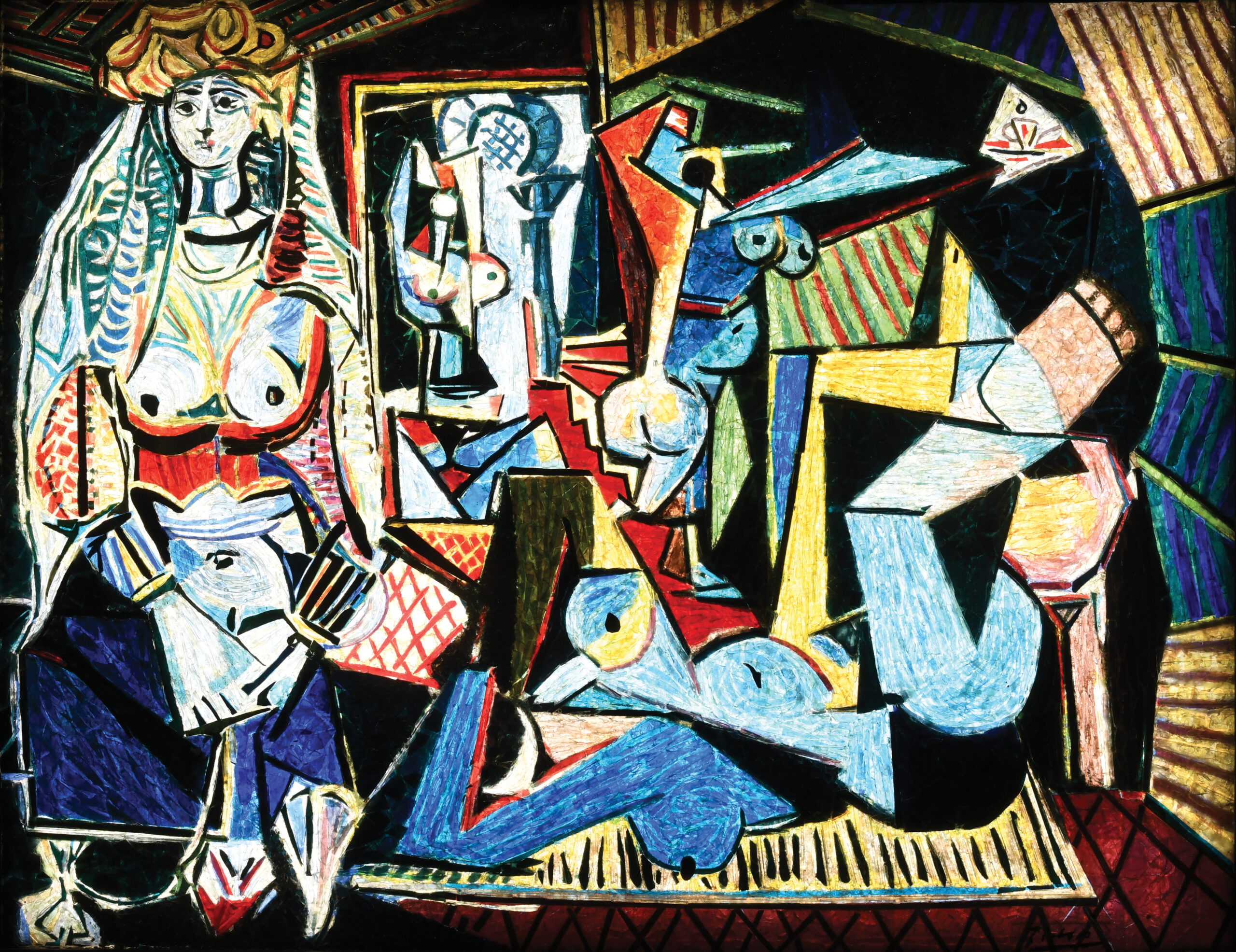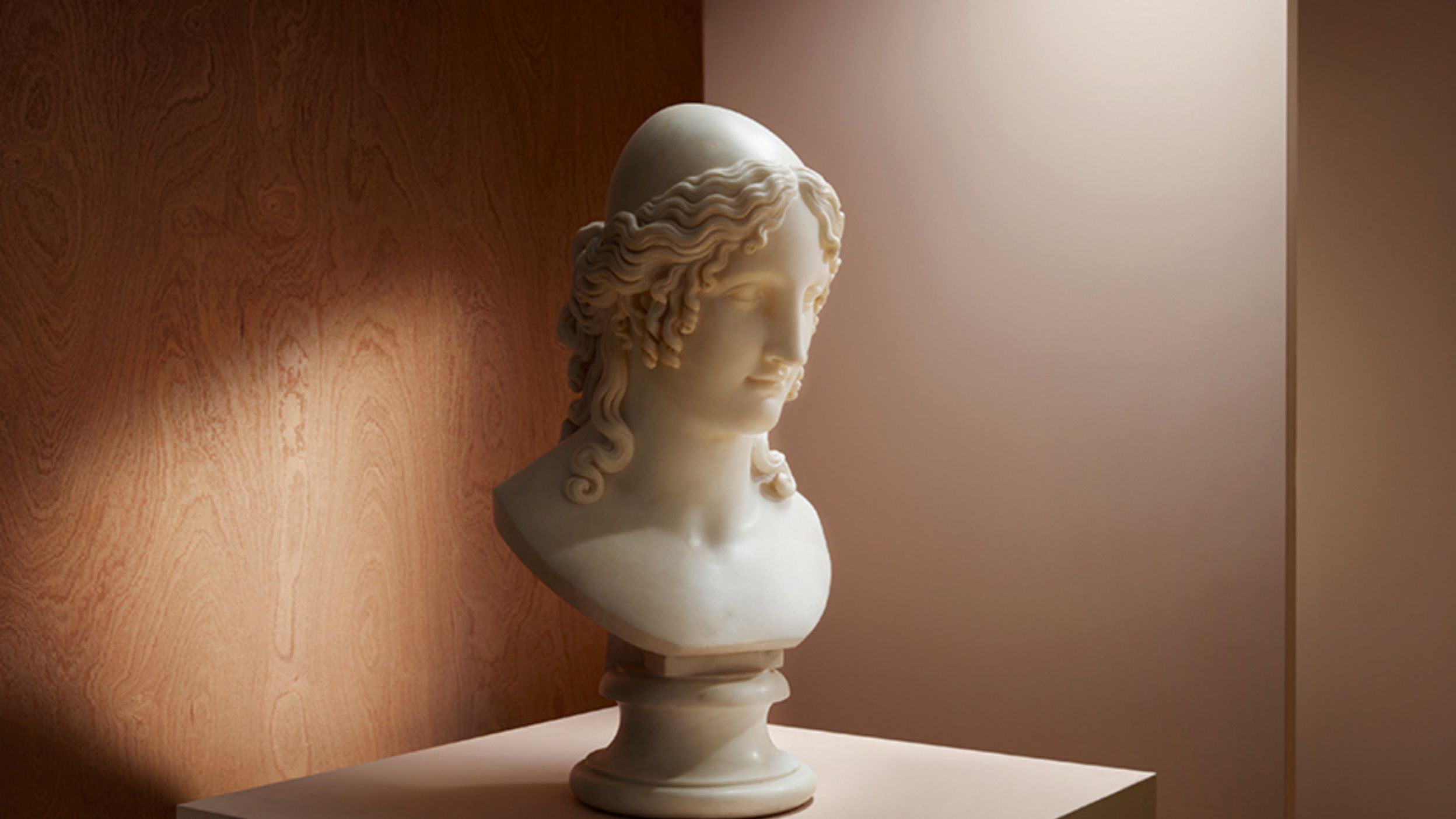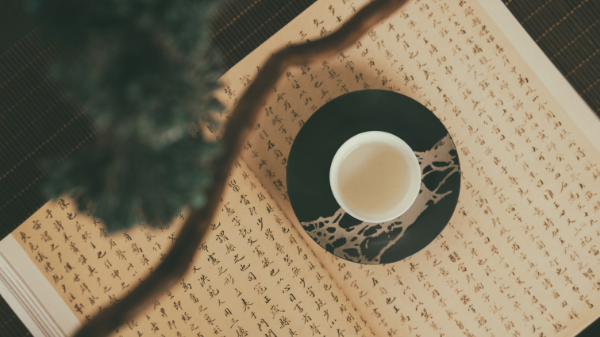
An introduction to Chinese Calligraphy
Chinese calligraphy is one of the four treasures of ancient Chinese scholars. Though it is not as widely practiced today as it was in the past, it is a sophisticated form of longhand writing that surprisingly continues to enjoy keen adherents today. This treasured art form is reputed to enhance people’s mental fortitude and learning ability. Although computer keyboards have taken over most of modern-day communications, this traditional form of Chinese longhand writing remains valuable and useful to its practitioners. It serves as a link to traditional Chinese culture and heritage
It serves as a link to traditional Chinese culture and heritage
Calligraphy serves as an excellent manner to stay connected to one’s Chinese heritage and to gain insights to the evolution of Chinese scriptures over centuries of visual representation of the world. It serves as a manner for appreciating one’s intellectual and artistic roots.
It is a form of meditation
Chinese calligraphy requires meticulous technique and patience that are useful in developing a sharp focus among those who practise it. The skills developed while practising this form of long-handed writing require strict control of a brush which serves as a meditative outlet for practitioners. This art form also helps develop a deeper connection between the mind and body.
It teaches discipline
Repeated practice over time and trained eyes eventually result in symmetrical, aesthetically-pleasing characters. After learning calligraphy’s foundation and with muscle memory, the practitioner’s mind will achieve its highest performance level. The rhythmic nature of brush writing lends itself to a full state of immersion.
It is an artistic outlet with a philosophical depth
Every aspect of the Chinese brush strokes, from the shape and size, to the type of hair on the brush and density of the ink, all play a part in distinguishing the final outcome of a Chinese calligraphy artwork. Each character is a unique symbol of a word. The philosophy of mastering Chinese calligraphy can be explained with the Yi (intentional) and Wuyi (unintentional) movements in art creation. It is an art form that teaches rules and control, but it also allows the artist’s heart to guide practitioners.
There are still a few esteemed Chinese calligraphy teachers in the city who offer classes and workshops to willing students.
Here are a few places to take up Chinese calligraphy:








